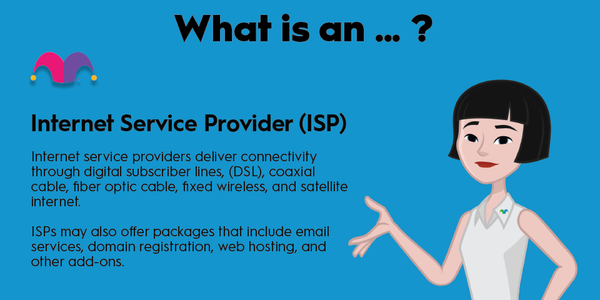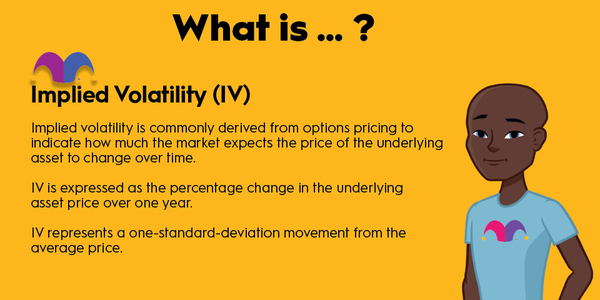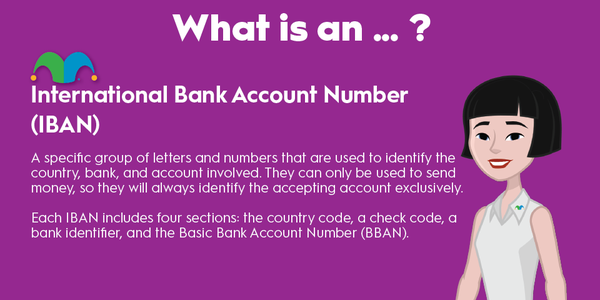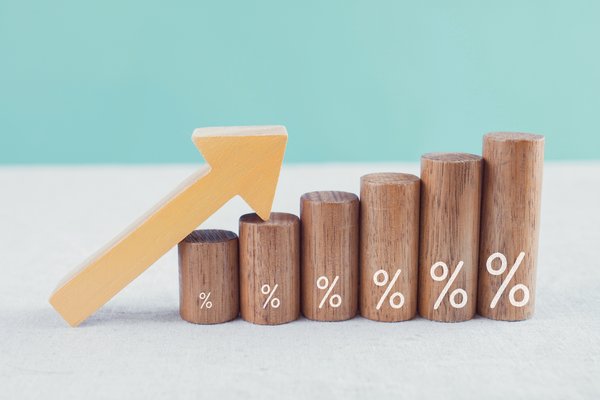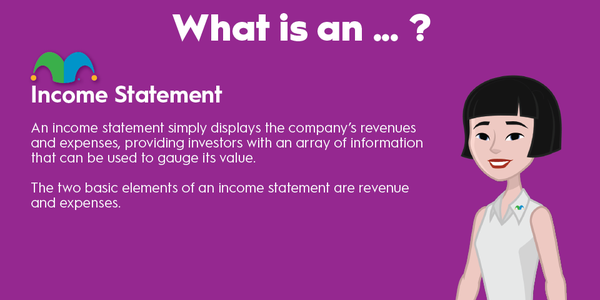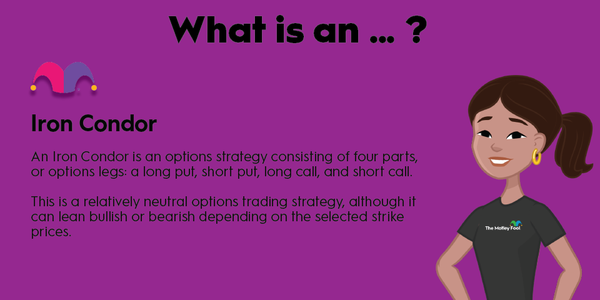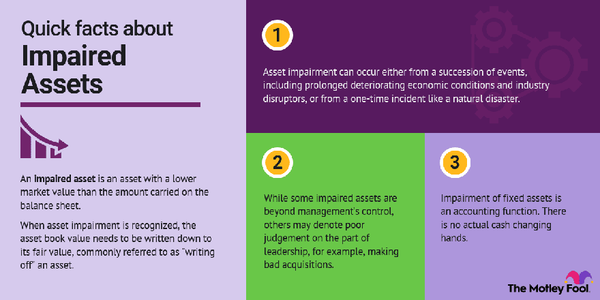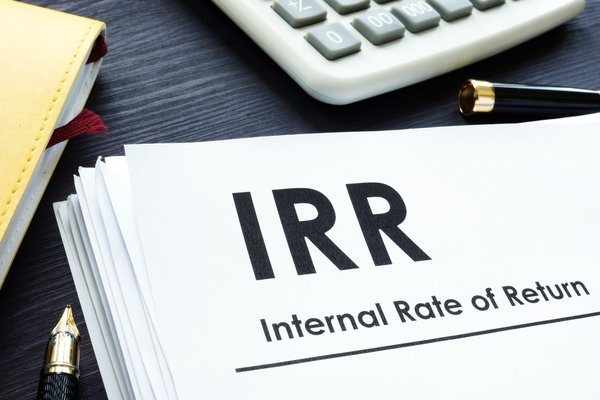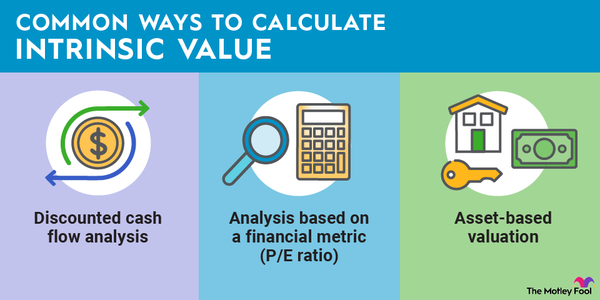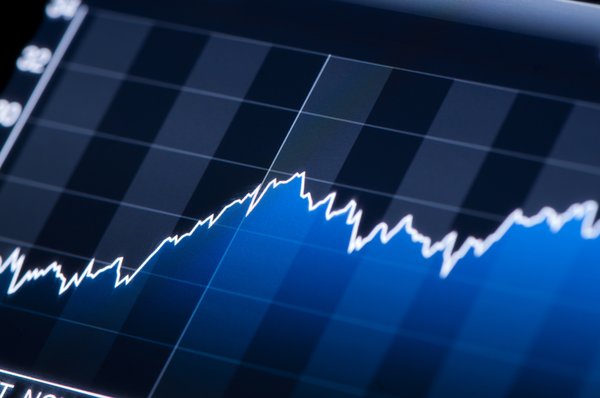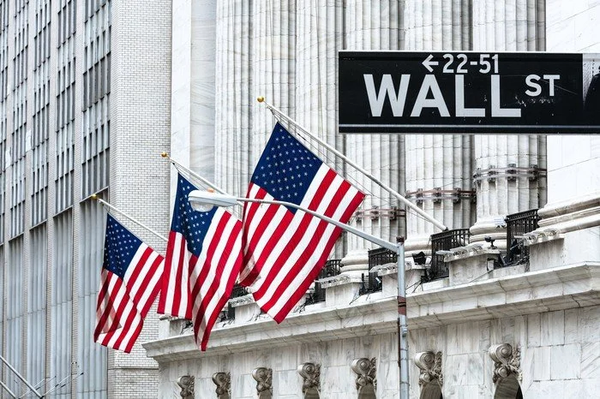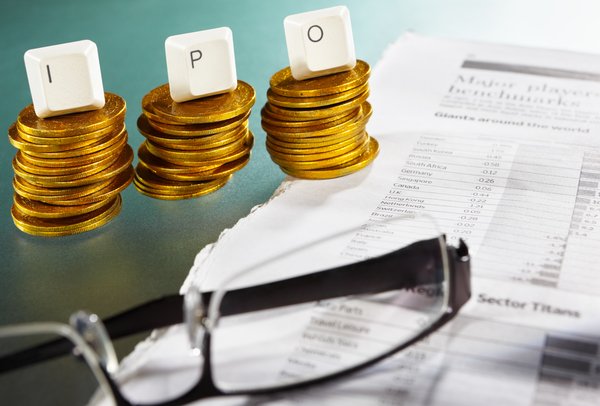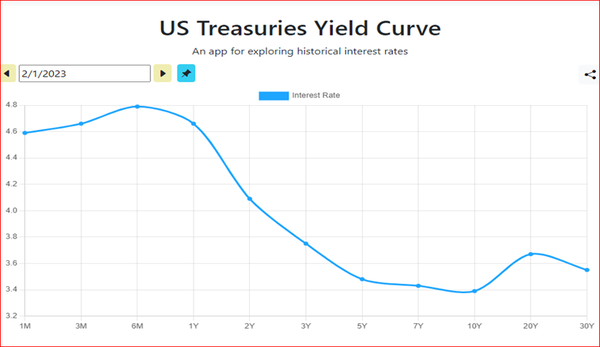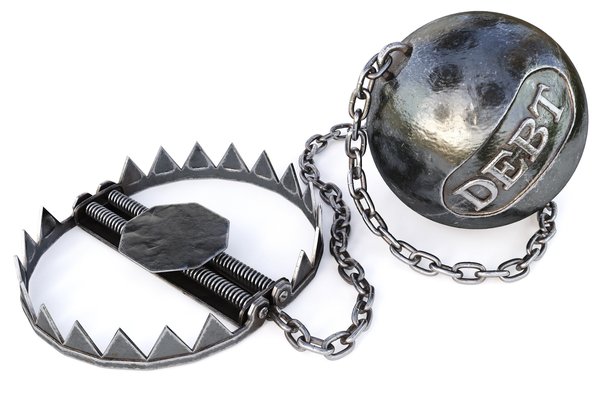If you bought shares of a company after learning during an earnings call that it beat expectations, that’s all well and good. But if you bought shares of the same company because your brother-in-law, who just happens to be the company’s chief financial officer, tipped you off prior to the earnings release that the company had a stellar quarter, that would be illegal insider trading.
Earnings Call
Insider trading is the buying and selling of securities for a profit based on “material, non-public information.” But the definition of “material, non-public information” can get fuzzy. Moreover, insider trading isn’t always illegal. In this article, we’ll discuss what constitutes insider trading and when it becomes a crime.

What is insider trading?
What is insider trading?
Insider trading is the buying and selling of securities of a publicly traded company by individuals who have access to confidential or material, non-public information about the company. Under federal law, a person is considered an “insider” if they’re a company officer or director or if they control at least 10% of the company’s securities.
Some hypothetical examples of illegal insider trading include:
- An executive sells shares after learning that a key patent application has been rejected before the news has been disclosed to the public.
- A low-level employee knows a company missed its earnings target ahead of its earnings release after hearing a conversation between executives. Upon learning this, he calls a friend who’s a shareholder. The friend sells their shares based on this information. Both the employee and the friend have violated insider trading laws.
- A stockbroker buys shares of a stock because she knows her client, who works for the company, recently bought shares.
- A government official buys or sells shares based on non-public information he learned as the result of his position.
The maximum penalty for individuals convicted of insider trading is 20 years in prison and a $5 million fine.
Is all insider trading illegal?
Is all insider trading illegal?
C-suite executives and board members will always know non-public information about a company. These individuals aren’t prohibited from trading the company’s securities. But if they use that non-public information to profit, they’re committing illegal insider trading.
When insiders buy and sell stock, they must register their trades with the U.S. Securities and Exchange Commission (SEC). Additionally, many corporations impose blackout periods during which officers, directors, and key employees are prohibited from buying or selling shares. Usually, this comes ahead of earnings announcements.
The SEC monitors market activity for signs of illegal insider trading. For example, an unusually high trading volume of a company’s shares when no major news has been announced could trigger an SEC investigation. The SEC also monitors trading activity ahead of earnings season, acquisitions, and other major events.
But there are many gray areas about what constitutes illegal insider trading. For instance, if you receive a tip that involves material information that hasn’t been made public, you could be committing illegal insider trading if you trade based on that information. But you’d have to know the information was non-public.
Suppose you’re a shareholder in a company. You happen to overhear two of its executives in a panicked conversation because the company missed its sales target. So you decide to sell your shares. If you knew this information hadn’t yet been disclosed to investors, you’d be committing insider trading. But if you were unaware that this information hadn’t been made public, you wouldn’t be violating the law by selling your shares.
An example of insider trading
An example of insider trading
In 2003, the SEC brought securities fraud charges against Martha Stewart and her former stockbroker, Peter Bacanovic. The SEC alleged that Stewart committed insider trading when she sold 4,000 shares of biopharmaceutical company ImClone Systems Inc. one day before the U.S. Food and Drug Administration refused to review the company’s application for its cancer drug Erbitux. When news of the rejected application became public, the company’s shares fell by 16%.
Stewart dumped her shares shortly after ImClone CEO Samuel Waksal and his daughter sold all of their company shares and after Waksal learned of the FDA decision. The SEC alleged that Bacanovic, who worked at Merrill Lynch and was a broker for both Stewart and Waksal, tipped off Stewart that Waksal had sold his ImClone shares.
Both Stewart and Bacanovic told investigators that Stewart had a stop-loss order to sell if shares dipped below $60. Based on the 16% drop in the company’s share price that occurred when the FDA news became public on Dec. 31, the SEC estimated that Stewart, a billionaire at the time, avoided losses of $45,673.
Stewart, who maintained her innocence, was found guilty of four counts of obstruction of justice and lying to investigators. She was sentenced to five months in federal prison, five months of house arrest, a total of two years of probation, and fined $30,000.
